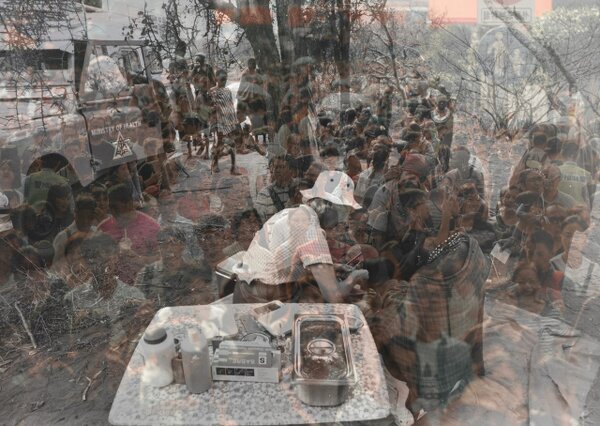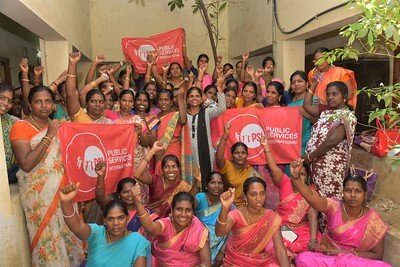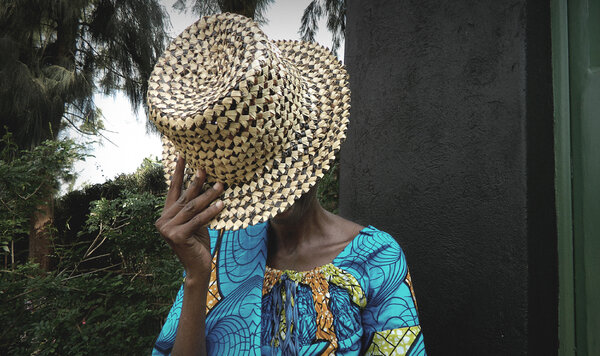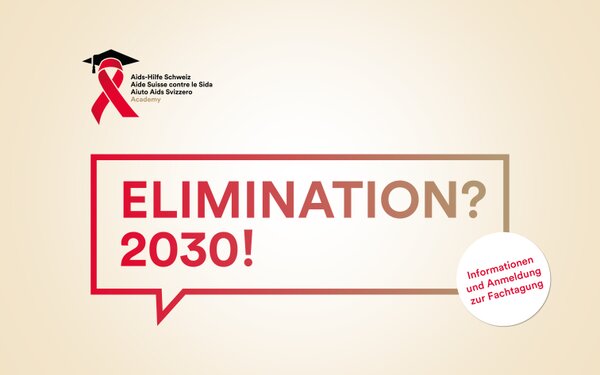Die Dekolonisierungsdebatte in der internationalen Gesundheitszusammenarbeit und globalen Gesundheit hat verschiedene Facetten. Sie ist geprägt durch Forderungen von Gesundheitsaktivist:innen aus dem globalen Süden und von selbstkritischen Reflexionen über Machtstrukturen innerhalb von zivilgesellschaftlichen Organisationen im globalen Norden. Auf sie rekurieren afrikanische Regierungen, wenn sie berechtigterweise fordern, dass Gesundheitsinvestitionen etwa im Aufbau von Produktionsstätten für medizinische Wirkstoffe direkt vor Ort erfolgen sollen. Die Relevanz der Debatte wird umgekehrt von einigen negiert, indem die eigene Rolle schöngeredet wird. Und die Debatte wird von ein paar Regierungen als Waffe im geopolitischen Spiel um Einfluss und Zugang zu Rohstoffen missbraucht. Letzters ist dann durchaus zynisch – gebaren sich doch gerade diese Regierungen als neue Imperalist:innen.
Von neuen Imperialist:innen und schönen Phrasen
Diese komplizierte Gemengenlage in der Debatte mag dazu führen, dass wir uns als Sektor schnell hinter schönen Phrasen verstecken: Wir leben schliesslich Partnerschaften auf Augenhöhe seit Jahrzenten schon! Oder wir suchen neue Worte, um nicht von Dekolonisierung sprechen zu müssen. Dazu gehört etwa der Begriff der Lokalisierung. Ein Begriff, der durchaus verschiedene Forderungen, die sich aus der Dekolonisierungsdebatte ergeben auf den Punkt bringt. Dann etwa, wenn es darum geht, sich auf lokale Ressourcen zu stützen und diese zu stärken. Lokalisierung kann aber auch strukturelle Machtverhältnisse vernebeln, anstatt sie aufzulösen.
Das Jubiläumssymposium von MMS
An unserem Jubiläumssymposium 2023 aus Anlass unseres 50-jährigen Bestehens, setzen wir uns mit den Dekolonisierungsforderungen auseinander: Weshalb ist die Dekolonisierung einer der zentralen Ansprüche der Gegenwart? Wie stellen sich Organisationen der internationalen Gesundheitszusammenarbeit hier in der Schweiz der Debatte? Wie stellen sich die Geldgeber:innen zu den Forderungen? Und wo werden die Akteur:innen der internationalen Gesundheitszusammenarbeit in 15 Jahren stehen?
Wir freuen uns, Sie am 2. November 2023 in Basel zu einer tiefgehenden Debatte zu begrüssen.
Martin Leschhorn Strebel
Netzwerk Medicus Mundi Schweiz
E-Mail



































